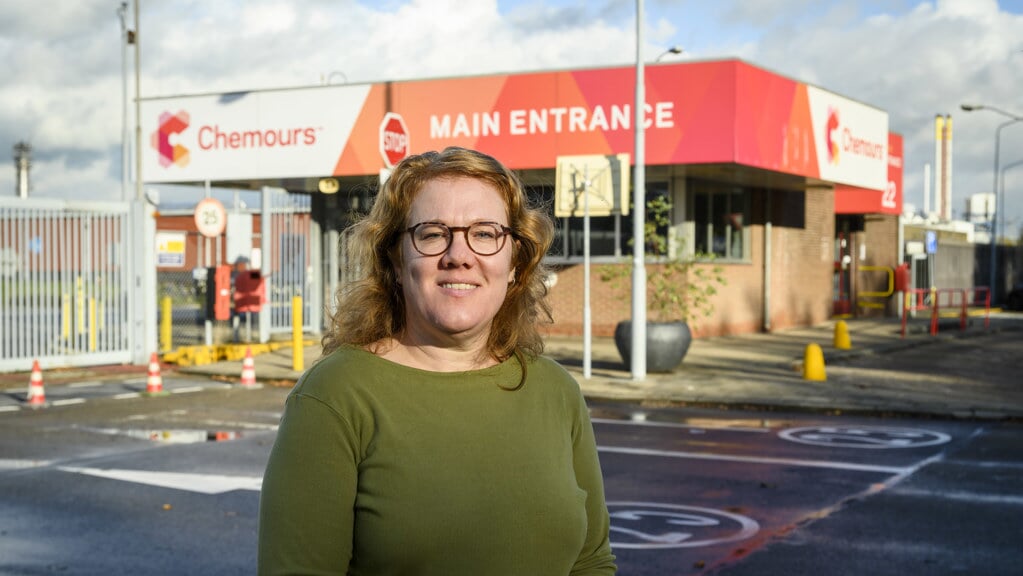
Chemours File: Is knowing that things are getting better now enough?
February 14, 2024 at 11:13
Nature and environment
Sliderecht In May last year, I traveled to Velsen-Zuid. I had my first appointment there for a Chemours file, with Professor Jacob de Boer. A man who can explain very complex matters in detail and clarity. And he did so with verve. I drove more than a hundred kilometers back to Dordrecht with great enthusiasm and complete inspiration. Despite hours of research and reading, a conversation with Jacob de Boer gave me more information than I could have thought of in just over an hour. It gave me a good idea of what materials were and are being used at Chemours, the danger of so-called PFAS emissions and what has been entering the land, air and water in the area for the last sixty or so years.
In the months that followed, I visited her Parliament, Provincial Council, Head office of the “Health Above All” working group in Sliedrechtse Baanhoek I talked to many people. The rest of the news about Chemours also reached me, sometimes to the point of nausea. It made me think over and over again about what really happened here. Because it seems clear to me that Chemours has released hazardous materials. It also seems to me that there will be consequences for the people in Sliedrecht and Dordrecht and perhaps for the whole world – because the Dordrecht chemical giant is not the only manufacturer using these controversial substances. You only have to read Ted van der Vlies' story to see that the impact of emissions of these “forever chemicals” – whether they directly cause cancer or not – is significant. The discussion around the Chemours project made me think about whether this would be a good place for me to live here in the area with my children. How much can I protect them from these types of influences, if it's not already too late? More importantly, where in the world can you still live?
I believe Chemours director An Lemaire when she says it's very different today, but on balance what does that buy you if the environment was so seriously polluted in the past that you couldn't eat from your own garden?
Last Saturday I visited Aquarius protest two hundred affiliated with the “Health Above All” working group, now renamed the Stop PFAS Stop Chemours Foundation. Six days ago I had an interview to finalize my chemist portfolio Anne Lemaire, Director of Chemours, Netherlands. She told me a lot, but really there was nothing new. Yes, I understand the sentiment surrounding past emanations. “We need to address what happened in the past and the problems people have as a result deserve attention and need to be solved,” she said. “The factory that exists now is a completely different factory than before. We understand the sentiment, but the situation now is very different than it was in the past.” I participated in the protest as a journalist rather than an activist, although I have wondered several times over the past year whether I should have joined the protest too. I believe Chemours director An Lemaire when she says that things are very different today and that Chemours is doing everything it can to reduce PFAS emissions. But in general, what do you buy for it if the environment was so seriously polluted in the past that That you can't eat from your own garden, you can't eat eggs from your chickens, and you've breastfed all three of your children because that's the “best thing to do?” for them, and you've actually poisoned them even more with your years. I swam in a “toxic pool” in the summer? Does the knowledge that things are now being done better outweigh all those other things? I honestly don't know. Hopefully, now that the series is over, you'll know the answers to these very difficult questions.
Marjan Dijkstra

“Travel enthusiast. Alcohol lover. Friendly entrepreneur. Coffeeaholic. Award-winning writer.”
